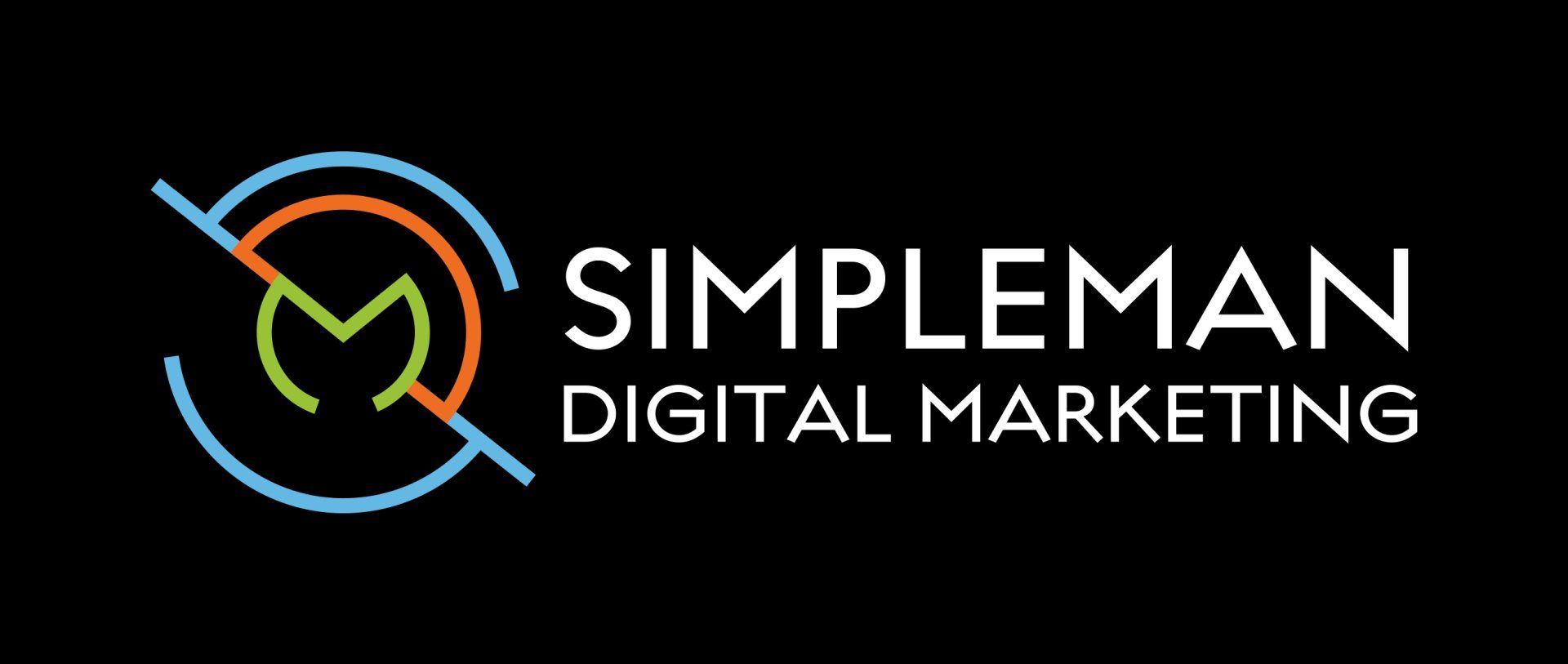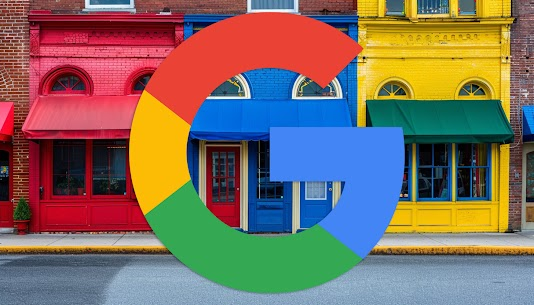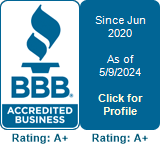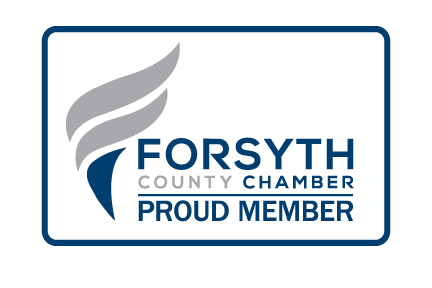In short, Yes — Facebook Ads Are Worth It . (But keep reading to find out why!)
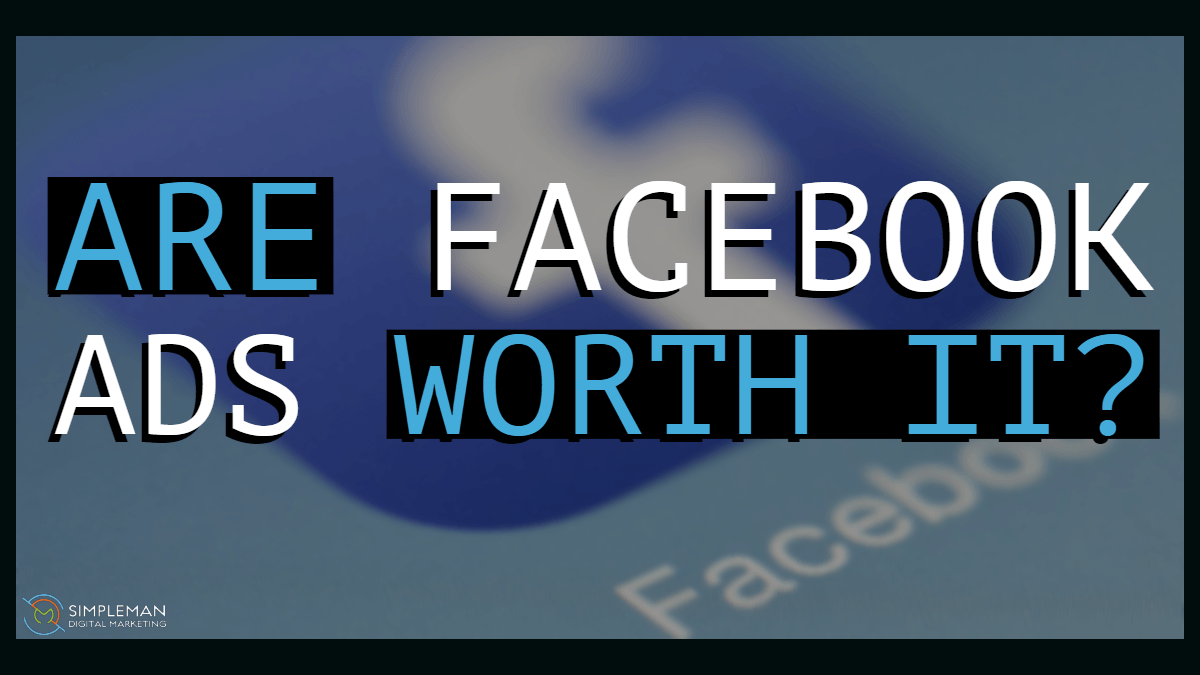
The majority of your target audience is on Facebook— it makes sense to target them on Facebook.
If you were one of the early adopters of Facebook, it’s likely you know just how much the social media channel has changed. From creating a simple fan page for your business, you can now create Facebook ads which are targeted at relevant audience.
Facebook has positioned itself as one of the most powerful marketing platforms that allows small and big businesses to build a great first impression and market to relevant prospects and customers.
When someone searches for something, it’s likely your business’ website and even your Facebook page might pop-up. Your Facebook page serves as a visible online community, fully equipped with photos, business information, and a look at how your business communicates with its customer base.
According to a recent study, there are over 2.3 billion active users on Facebook worldwide.
So, if you’re not using Facebook Ads to reach out to your audience, you’re missing out on a large chunk of your prospective customer base.
4 Reasons Why Facebook Ads Are Worth Investing In:
1. People Spend A Lot Of Time On Facebook
This is a no-brainer.
1.52 billion people on average log onto Facebook daily and are considered daily active users. The average American spends about 40 minutes just on Facebook — sharing and liking content. Every minute, Facebook users Like more than 4.1 million posts, posting comments, status updates, and photos.
Imagine using Facebook Ads to reach this audience.
A well, thought-out Facebook marketing campaign can work wonders for your business.
2. Facebook’s Organic Reach Is Dwindling Every Year
With the ever-changing Facebook algorithms; the most recent one being reduced number of viral stories in the newsfeed (since those don’t generate revenue); paid stories, ads, videos, and other content are gaining immense momentum.
If you want users to discover your business, you need to invest in paid ads and sponsored content.
Before you start thinking this might be a little too expensive for your small business, here’s the good news: You don’t need a huge budget to get started.
Typically, $50 will get your message in front of 5,000 to 10,000 people, depending on your target location and you can be extremely picky about who you target.
3. Facebook’s Targeting Ability is So Good, It’s Scary.
There are billions of users on Facebook from every walk of life and industries. Facebook ads can be tailored according to the section of users you want to target, and only those people get to see your ad. You can even specify if you want to target men or women, parents or bachelors, homemakers or working professionals; you can even select the age range and the exact locations you want to target prospects.
Facebook has an incredible tool called “Audience Insights” which allows you to obtain demographic and behavioral data about your audiences, and even gives you an idea about what your competitors are doing. It’s a great way to figure out what content works best for you, and the kind of engagement you receive on every post.
If you’re still unsure on how to get started, you can always reach out to a digital marketing agency to help you with the basics and get an idea of how much you should spend and what kind of ads would work best for your target audience.
4. Their Remarketing Capabilities Are Extremely Powerful, Too.
Remarketing allows you to target users who have visited your website or used your mobile app or if they’ve signed up to receive newsletters from you. People will see these ads when they visit or shop on other websites, use social media, watch videos, use other mobile apps, or search on Google.
Tracked via the Pixel, Facebook remarketing is similar to Google Ads – the only difference being that while Google shows your ads across multiple websites, Facebook promotes your ad across their entire website, messenger apps, and even Instagram.
If someone’s already visited your site and done business with you in the past, they’re more likely to engage with your again if they see your ad on Facebook.
The majority of your target audience is on Facebook— it makes sense to target them on Facebook.
Yes, Google ads help drive traffic to your website, but don’t spread yourself too thin. Facebook’s tools cater to businesses that want to create a long-lasting relationship with their customers. Even with a limited budget, there’s a lot that can be achieved with Facebook ads.
What are your top tips for creating brilliant Facebook ads? Join in the conversation @simplemanmarketing!
